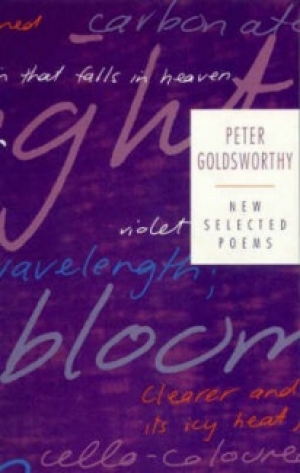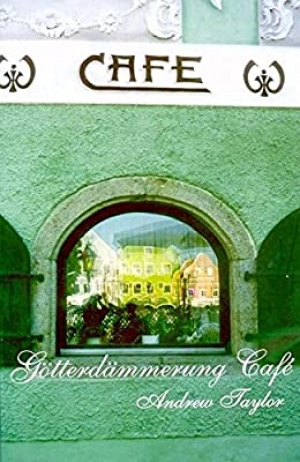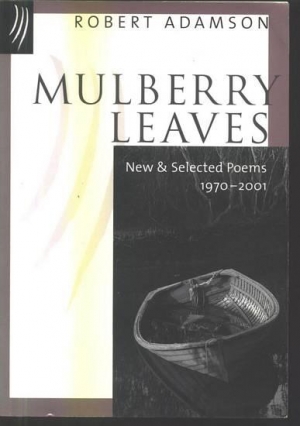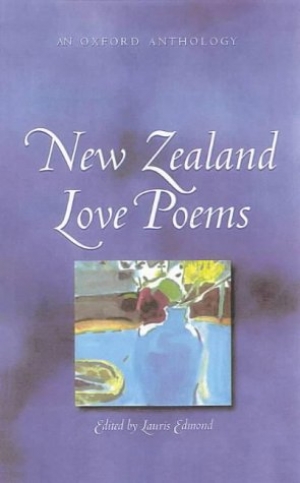Poetry
Don Anderson reviews 'Sun Shadow, Moon Shadow' by J. S. Harry and 'Heroic Money' by Gig Ryan
It may be a question not so much of what poetry we read but of how we read it. I confess myself to be a snail-pace reader – a Marianne Moore snail, that is – and rereader, above all a rereader. And the problem with being a university teacher of poetry is that you are obliged to appear to believe, for professional purposes, that poetry is explicable. ‘Read it? I haven’t even lectured on it!’ (with apologies to Stephen Knight). Yet the context in which one reads a poem may determine one’s sense of it.
... (read more)On the second last day of the weeklong Poetry Africa 2001 international festival in Durban, South Africa, an interview with me appeared in one of the national newspapers. The text presented me as a returned exile. I was asked questions such as: ‘Have you lost your South Africanness, or do you still need it?’ Since my return to South Africa – I was last here in 1995, just after the first ‘free and fair’ election – I’ve been asked about my feelings towards South Africa and Australia. The questions are always intentionally superficial: there’s a right and a wrong answer. I’ve found that usually the best response is evasion or, better, a lie. In their questioning is a not so subtle politics of decorum: Are you a foreigner? If you are, mind your manners.
... (read more)Martin Duwell reviews 'Selected Poems: A new edition' by Gwen Harwood, edited by Greg Kratzmann
Although her work is often surprisingly varied, there is no doubt that when you read a Gwen Harwood poem you enter a highly distinctive poetic world. If it comes from her first twenty-five years of productivity, there is a good chance that you will be in a landscape of psychic melodrama. Everything will be liminal. The setting will be a sunset, the late sun will be flaring a dangerous gold on some intertidal stretch, the protagonist will have awoken from a menacing dream or, pace Kröte, be moving backwards and forwards across the threshold of one. The history of her poetry may be the way this scene increases in intensity as the voices that communicate in dreams increasingly come from figures in Harwood’s own past.
... (read more)Chris Wallace-Crabbe reviews 'New Selected Poems' by Peter Goldsworthy
Peter Goldsworthy, doctor and poet, is a writer of significant style and concision. This new selection of his lyric poetry lives up to its jaunty, graffitied, lavender cover; it bespeaks lightness. And lightness is damned hard work. You don’t get there just by smiling and going to book launches ...
... (read more)We were gone from each other;
we were throwing out small talk,
half-sent smiles, unmeant like mist.
Many see John Tranter as an important, if slightly peripheral, figure in contemporary Australian poetry. He is well known for his long involvement in the Sydney poetry scene, as well as for his role as an editor, particularly for his editing, with Philip Mead, of the Penguin Book of Modern Australian Poetry (1991) and, more recently, of the internet poetry journal Jacket.
... (read more)Paul Kane reviews 'Götterdämmerung Café' by Andrew Taylor and 'Russian Ink' by Andrew Sant
Wallace Stevens once remarked: ‘One of the essential conditions to the writing of poetry is impetus.’ It’s a statement worth keeping in mind when confronting a new book of poems, because thinking about impetus helps us locate the concerns of the poet and the orientation of the book. Since poems are not objects so much as events, what drives a poem helps govern how it arrives at its destination – how, in fact, it is received by that welcoming stranger, the reader. Poems reveal their origins, whether they intend to or not. What Emerson says of character, that it ‘teaches above our wills’, that ‘we pass for what we are’, is true for poems as well. So it is not an idle question to ask of these books – these poets – their impetus, remembering that ‘impetus’ derives from the Latin ‘to seek.’
... (read more)Martin Duwell reviews 'Mulberry Leaves: New and selected poems, 1970–2001' by Robert Adamson
Producing a new Selected Poems is always an opportunity for poets to re-evaluate the shape of the history of their work, just as it gives readers another extended exposure to the poems themselves. In the case of Robert Adamson, Mulberry Leaves: New and aelected poems, 1970–2001 is not the first opportunity: there are two earlier Selecteds. The first (Angus & Robertson, 1978) was probably too early and, instead of selecting, rewrites and reorders, so that all Adamson’s work seems to be directed to Cross the Border, surely his least successful book. The second (UQP, 1990) is a much more formidable volume and an extensive enough collection to adequately represent the things going on in the first twenty years of the career.
... (read more)The composer Richard Mills and the poet and novelist Peter Goldsworthy have renewed their collaboration to produce an opera based on the Wreck of the Batavia (Previously, the pair adapted Ray Lawler’s Summer of the Seventeenth Doll for the opera stage.) The new work will be premiered at the Melbourne State Theatre on May 11, in an Opera Australia production. It depicts the notorious events that followed the famous shipwreck off the coast of Western Australia in 1629.
... (read more)Jennifer Strauss reviews 'New Zealand Love Poems: An Oxford anthology' edited by Lauris Edmond
For those who haven’t yet discovered the riches of New Zealand poetry, this anthology should provide an appetite-whetting introduction. Edited by one of New Zealand’s finest poets, the late Lauris Edmond (1924–2000), it bears the stamp of a thoughtful mind and a judiciously discriminating sensibility, evident in her own work as in her selection from that of others. For she has neither lost her nerve and opted out of inclusion nor claimed any undue space. Yet her own work is central to the nature of the volume. When I came to write this review, after reading steadily from page one to page 257 and closing the covers, I knew that there were certain phrases, images and poems that had struck root, were memorable for me, and were shaping my responsiveness to the volume. Interestingly enough, I didn’t always remember which poet was responsible – for the structure of this anthology (of which more later) is such that it is an anthology of poems first, and poets second.
... (read more)


